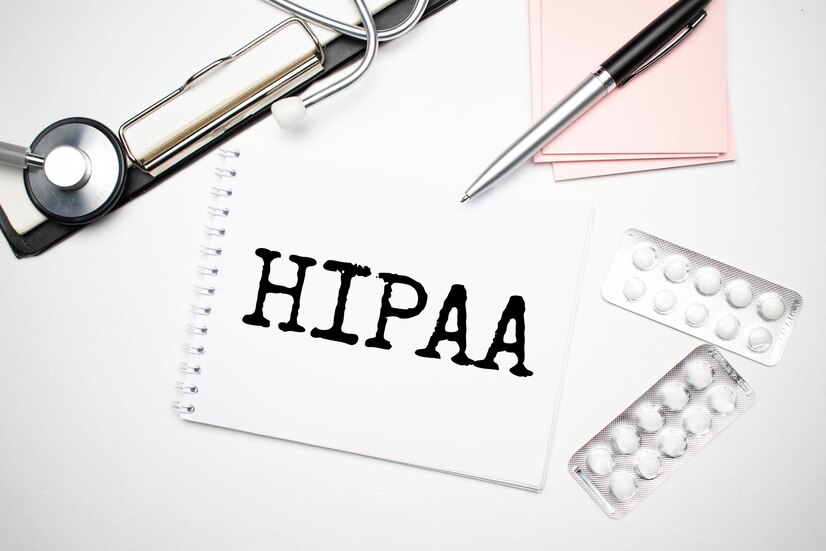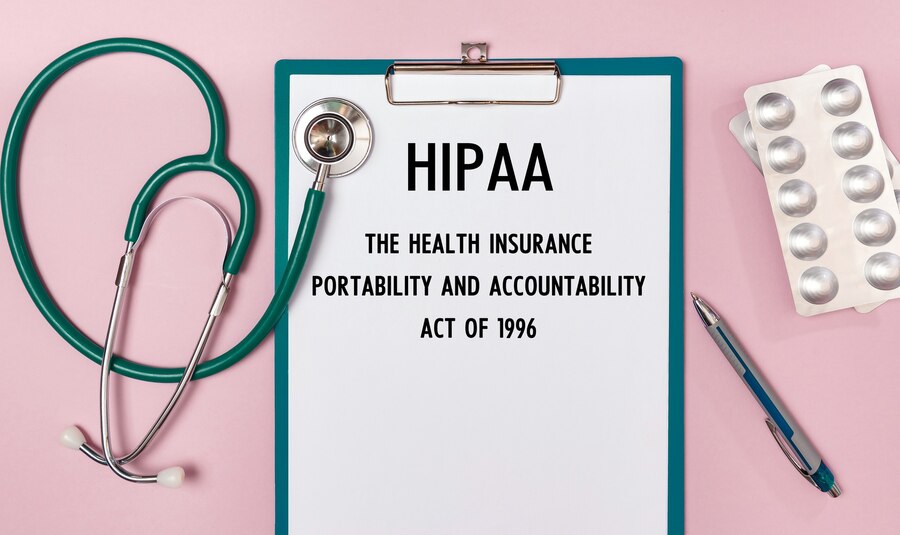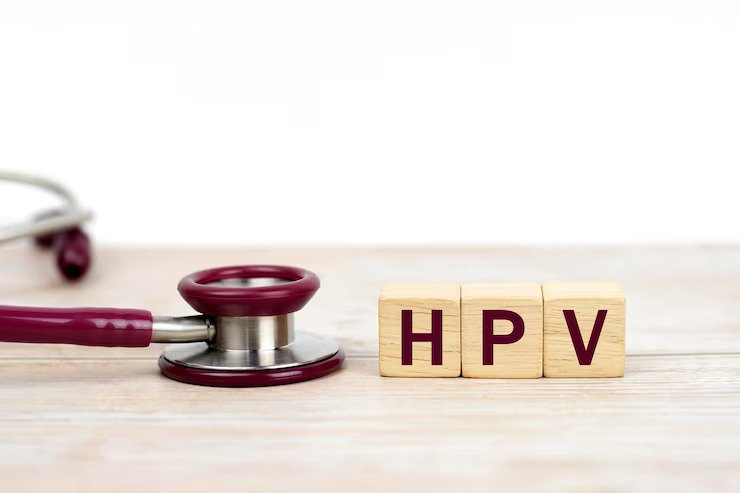HIPAA Violations And Data Breaches: What You Need To Know
5 Mins Read
Published on: 28 March 2023
Last Updated on: 13 November 2024

toc impalement
The Health Insurance Portability and Accountability Act (HIPAA) was established in 1996 to protect the privacy and security of individuals’ personal health information (PHI).
HIPAA regulations cover entities such as healthcare providers, health plans, and clearinghouses. This is as well as their business associates. Violating HIPAA regulations can lead to serious consequences for both covered entities and individuals. It is important to understand how HIPAA violations can occur and how to report them to the appropriate authorities.
What Is A HIPAA Violation?
HIPAA violations are part of U.S. federal law that establishes national standards for protecting the privacy and security of individuals’ personal health information (PHI).
A HIPAA violation happens when a covered entity (such as a healthcare provider or health plan) or a business associate (such as a contractor or vendor that works with a covered entity) fails to comply with HIPAA’s privacy, security, and breach notification rules. This can include unauthorized disclosures of PHI, inadequate safeguards to protect PHI, or failure to report and respond to breaches of PHI.
HIPAA violations can result in significant fines and other penalties, as well as damage to an organization’s reputation and loss of trust from patients and clients. It is essential for covered entities and business associates to take HIPAA compliance seriously and take steps to protect individuals’ PHI.
How Could a HIPAA Violation Occur?

HIPAA violations can occur in a variety of ways, including:
- Unauthorized disclosure of PHI: This can happen when an individual’s protected health information is disclosed without their consent or authorization. Examples include discussing a patient’s health information with someone who is not authorized to receive it, leaving medical records in a public place where others can access them, or sending PHI to the wrong person.
- Insufficient PHI safeguards: This can happen when anyone covering the entity or business associate fails to implement adequate safeguards to protect PHI. Examples include using weak passwords, not encrypting electronic PHI, or failing to secure physical PHI.
- Failure to provide patients with access to their PHI: Covered entities must provide individuals with access to their own PHI upon request. Failure to provide this access can result in a HIPAA violation.
- Improper disposal of PHI: This can happen when PHI is not properly disposed of, and it can include physical documents that are not shredded or digital files that are not properly erased.
- Failure to report and respond to breaches: HIPAA requires covered entities to report certain types of breaches of PHI to affected individuals and the Department of Health and Human Services (HHS) within a specified time frame. Failure to report and respond to these breaches can result in HIPAA violations.
Cyber Attacks And HIPAA Violation
A cyber attack can also lead to HIPAA violations if it results in the unauthorized access, use, or disclosure of protected health information (PHI). Cyber attacks can include a variety of tactics, such as hacking, phishing, or malware, designed to gain access to computer systems and data.
If a cyber attack results in a breach of PHI, the covered entity or business associate must follow HIPAA’s breach notification requirements. This includes notifying affected individuals and the Department of Health and Human Services (HHS) within a specified time frame, as well as implementing measures to mitigate the risk of harm to affected individuals.
To prevent cyber-attacks and protect PHI, covered entities and business associates should take steps such as:
- Conducting risk assessments: Regularly assessing and identifying potential risks to PHI can help entities implement appropriate safeguards to protect against cyber attacks.
- Implementing technical safeguards: This can include measures such as encrypting PHI, implementing firewalls, and using strong passwords and authentication measures.
- Providing employee training: Training employees on how to identify and respond to potential cyber threats can help prevent cyber-attacks and mitigate the risk of harm to PHI.
- Conducting regular testing and monitoring: Regularly testing and monitoring computer systems can help identify potential vulnerabilities and prevent cyber attacks before they occur.
By taking proactive measures to prevent cyber-attacks and protect PHI, covered entities and business associates can help ensure compliance with HIPAA’s privacy and security requirements. So, now let’s see how to report HIPAA violations.
What Do You Need To Know About Reporting A HIPAA Violation?

If you believe that a HIPAA violation has occurred, the first step is to gather as much information about the potential violation as possible. This can include details about the incident, such as the individuals involved, the date and time of the incident, and any other relevant information.
Once you have gathered this information, you may wonder, who do you report a HIPAA violation to? You will need to determine the appropriate authority to report the violation to, depending on your role in the situation and the specific circumstances of the violation.
If you are a patient, you can file a complaint with the Office for Civil Rights (OCR) of the U.S. Department of Health and Human Services (HHS). The OCR investigates complaints of HIPAA violations and enforces HIPAA’s privacy and security rules.
If you are an employee of a covered entity or business associate, you should report the violation to your supervisor or the entity’s privacy or security officer. If you are a business associate, you should report the violation to your client’s privacy or security officer, or contact person.
The Seriousness Of The Matter
The privacy and security of PHI are critical issues in the healthcare industry. HIPAA regulations were established to protect individuals’ personal health information and to prevent unauthorized access, use, or disclosure of that information.
Violations of HIPAA regulations can lead to serious consequences, including fines and legal action. If you believe HIPAA violations have occurred, it is important to report them to the appropriate authorities.
Wrapping Up:
By taking action to prevent and report HIPAA violations, we can help ensure the privacy and security of individuals’ personal health information. I hope you get ideas about the process of reporting HIPAA violations. Are you experienced such kinds of violations? You can share your opinion through the comment sections.
Read Also:


















Comments Are Closed For This Article